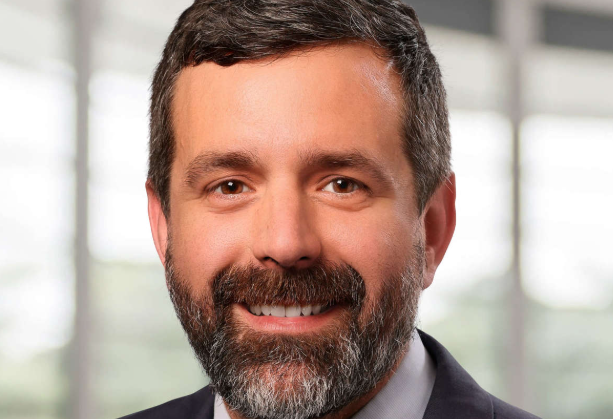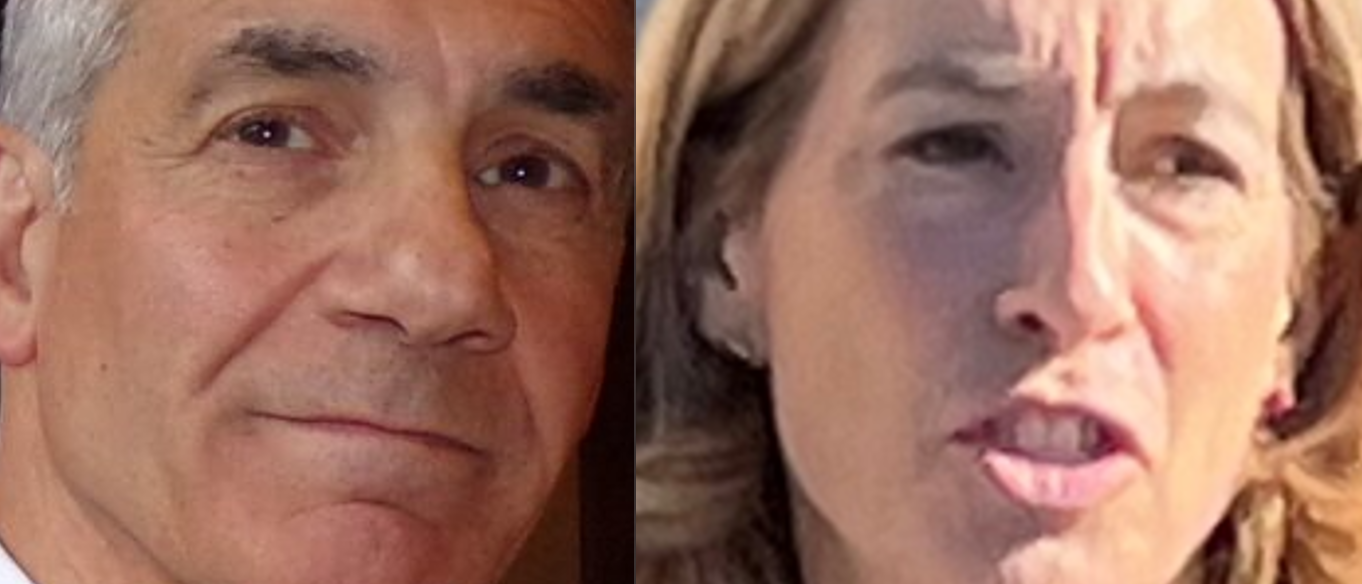
By SEAN KEAGAN FOLEY
For too long, Democrats have allowed social media platforms to operate with impunity, despite mounting evidence that they are fueling division, misinformation, and hate. The data is clear: these platforms, driven by profit and engagement metrics, reward outrage, amplify lies, and erode trust in democratic institutions. We can no longer afford to treat them as neutral platforms — they are shaping our politics, our culture, and our mental health. And not for the better.
It’s time for Democrats to go on the offensive.
Let’s be honest: Facebook, X (formerly Twitter), TikTok, and YouTube have become toxic engines of polarization. Their algorithms are designed to push people toward extremes because outrage and fear keep users scrolling — and advertisers paying. They amplify conspiracy theories, help authoritarians grow their reach, and make it nearly impossible to build a shared reality.
While Republicans have often used these platforms to spread lies and stoke resentment, Democrats have largely responded with timid calls for voluntary reforms or vague pledges to “study the issue.” That’s not good enough.
We need action.
I have been discussing the issues of social media since 2016, and what I find is that all parents — Republicans, Democrats, and Independents — are angry and tired. They see the harm every day. The anxiety in their kids. The constant division. The lies and rage consuming their communities. And they’re asking the same thing I am: What are you waiting for? Do something!
So let me give you some guidance. First, Democrats should demand real transparency. What do the algorithms prioritize? How do they handle misinformation? What data is collected on users, including minors? These companies know their systems are harmful — internal whistleblowers have said as much. Yet without public oversight, there’s no accountability.
Second, it’s time to regulate the business model itself. Social media thrives on surveillance capitalism; I.e. creepily stalking people and their children: the more data they collect, the more precisely they can manipulate users and sell their attention. We need strong privacy laws that limit how much data can be collected, stored, and sold — especially when it comes to children. We can do this here in New Jersey!
Third, Democrats should push for algorithmic accountability. This isn’t about free speech — it’s about the systems behind the speech. No one is asking to censor ideas or ban opinions. What we need is oversight of the algorithms that deliberately amplify the most extreme, misleading, and divisive content because it keeps people angry, scared, and glued to their screens. These algorithms are not neutral! They are engineered for engagement, not truth or well-being. It’s time to treat them like the powerful, manipulative forces they are — and regulate them accordingly.
Finally, we must acknowledge the mental health crisis these platforms are fueling. Rates of anxiety, depression, and suicide are skyrocketing, especially among young people. If tobacco companies were causing this kind of harm, we’d be marching in the streets. Social media is no different — and the sooner we treat it like the public health threat it is, the better.
This isn’t about censorship. It’s about responsibility. And if Democrats don’t lead on this issue, we’re leaving our democracy — and our children — at the mercy of an unregulated, unaccountable digital Wild West.
It’s time to draw a line.
Go after social media! Campaign against Tech Bundy Billionaires such as Musk and Zuckerberg. For the truth. For children’s mental health For democracy. For the future.
Sean Keagan Foley
Garwood Councilman
2015 Eagleton Institute of Politics Fellow
Social Worker & Psychotherapist
In today’s digital age, social media has become a powerful tool for political campaigns to reach and engage with voters. With the 2020 election quickly approaching, Democrats are looking for ways to increase their chances of winning by effectively targeting social media platforms.
One key strategy for Democrats to consider is focusing on reaching younger voters, who are more likely to be active on social media. According to a recent study by the Pew Research Center, 88% of adults aged 18-29 use at least one form of social media. By targeting this demographic on platforms such as Instagram, Snapchat, and TikTok, Democrats can increase their visibility and appeal to a key voting bloc.
Another important aspect of targeting social media is the ability to tailor messages and content to specific audiences. By utilizing data analytics and targeting tools available on platforms like Facebook and Twitter, Democrats can create personalized ads and content that resonate with different voter groups. This can help them effectively communicate their policies and values to a wider audience and increase their chances of winning over undecided voters.
Additionally, social media provides a unique opportunity for Democrats to mobilize their supporters and encourage them to take action. By utilizing features such as event pages, fundraising tools, and peer-to-peer sharing, campaigns can engage with their base and encourage them to volunteer, donate, and spread the word about their candidate. This grassroots support can be crucial in building momentum and increasing voter turnout on election day.
It’s important for Democrats to also be mindful of the potential pitfalls of social media, such as misinformation and fake news. By actively monitoring and fact-checking content on social media platforms, campaigns can ensure that their messaging is accurate and credible. This can help build trust with voters and prevent the spread of false information that could harm their chances of winning.
In conclusion, targeting social media is a key strategy for Democrats to increase their chances of winning in the upcoming election. By focusing on reaching younger voters, tailoring messages to specific audiences, mobilizing supporters, and combating misinformation, campaigns can effectively leverage social media to connect with voters and build support for their candidate. By embracing the power of social media, Democrats can strengthen their campaign efforts and ultimately increase their chances of success on election day.



